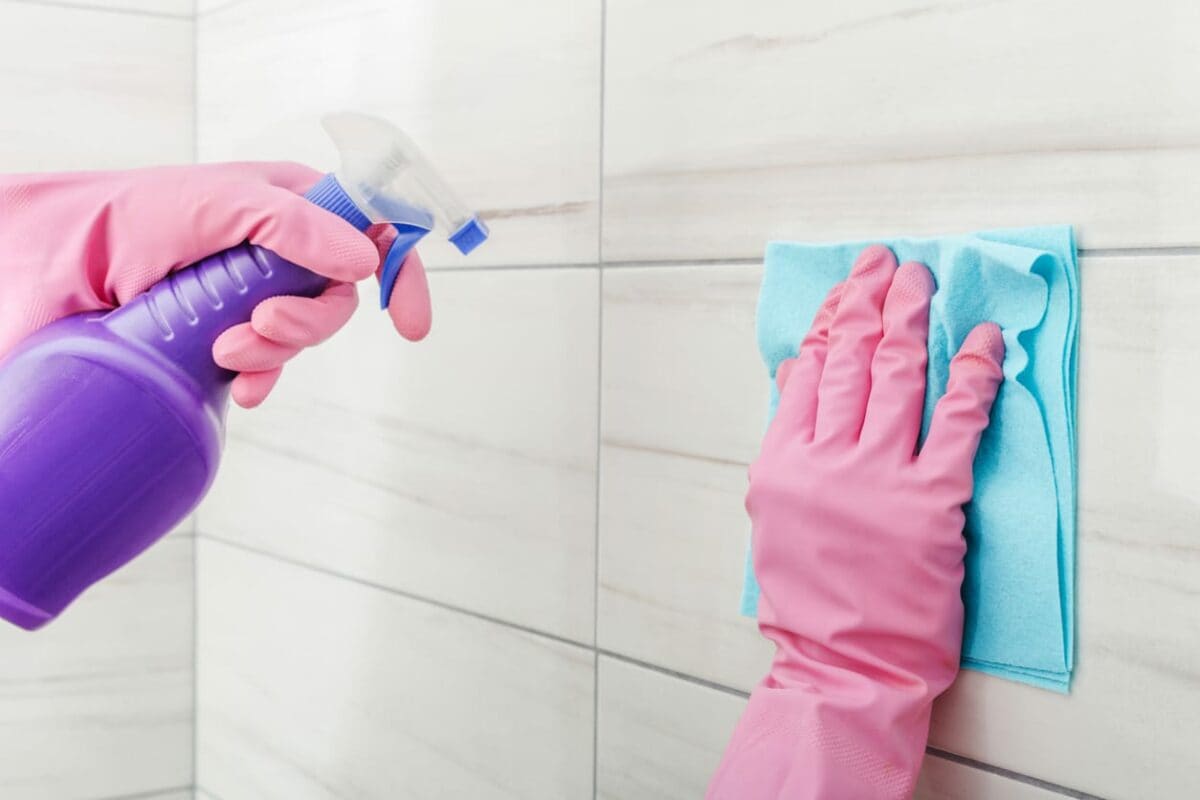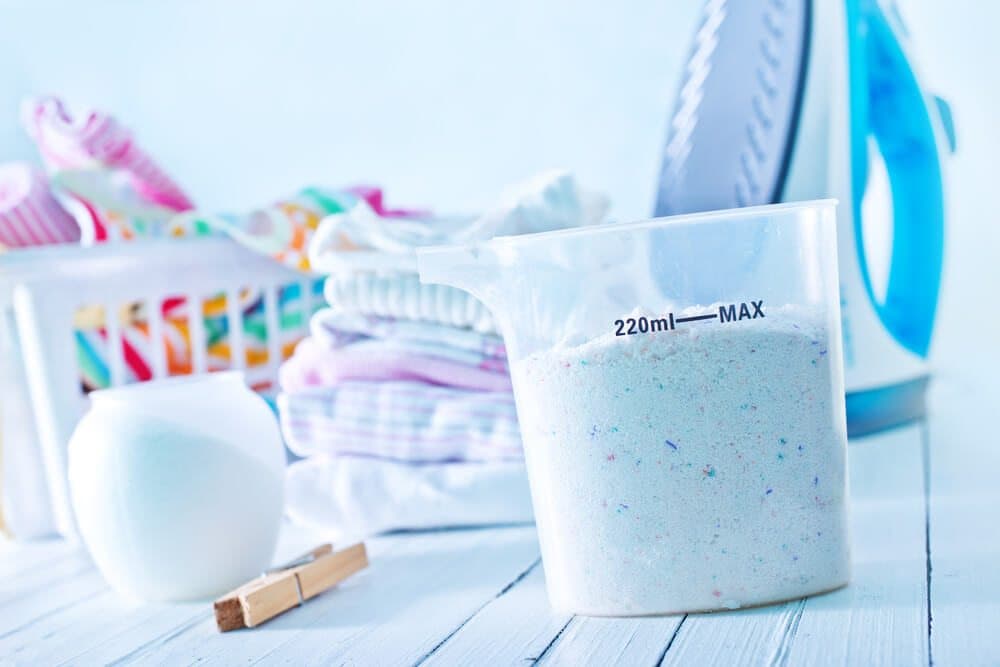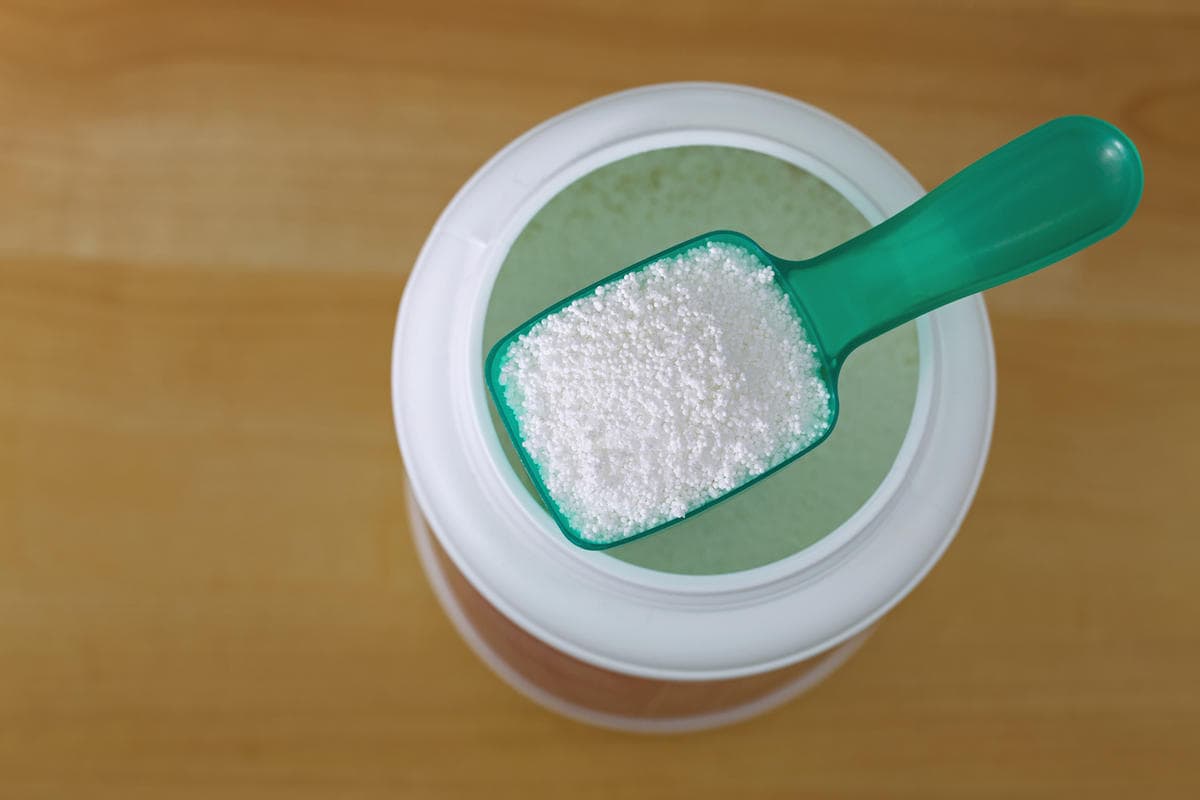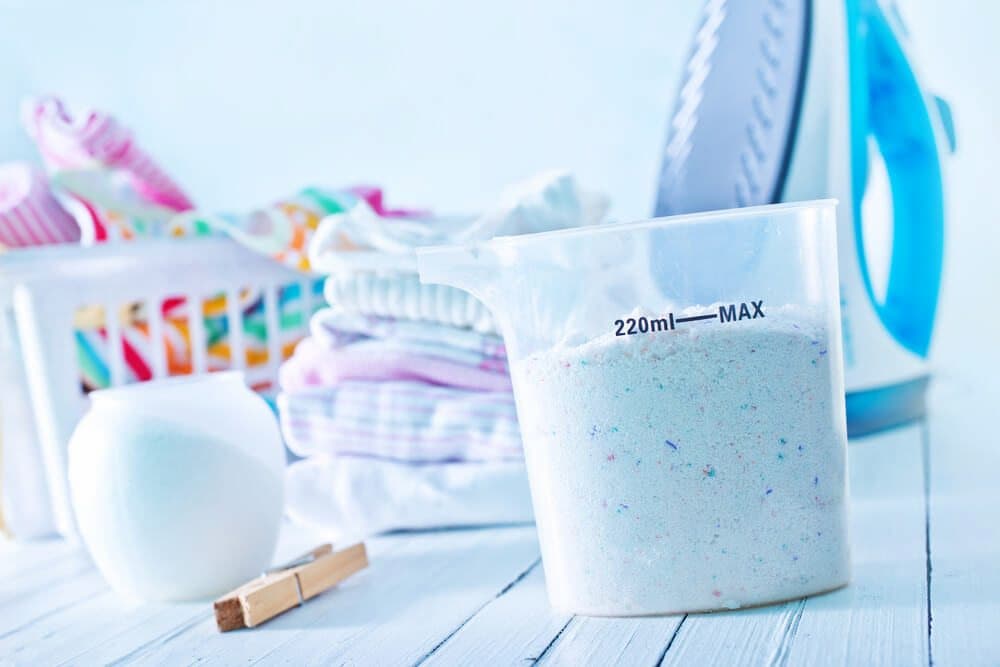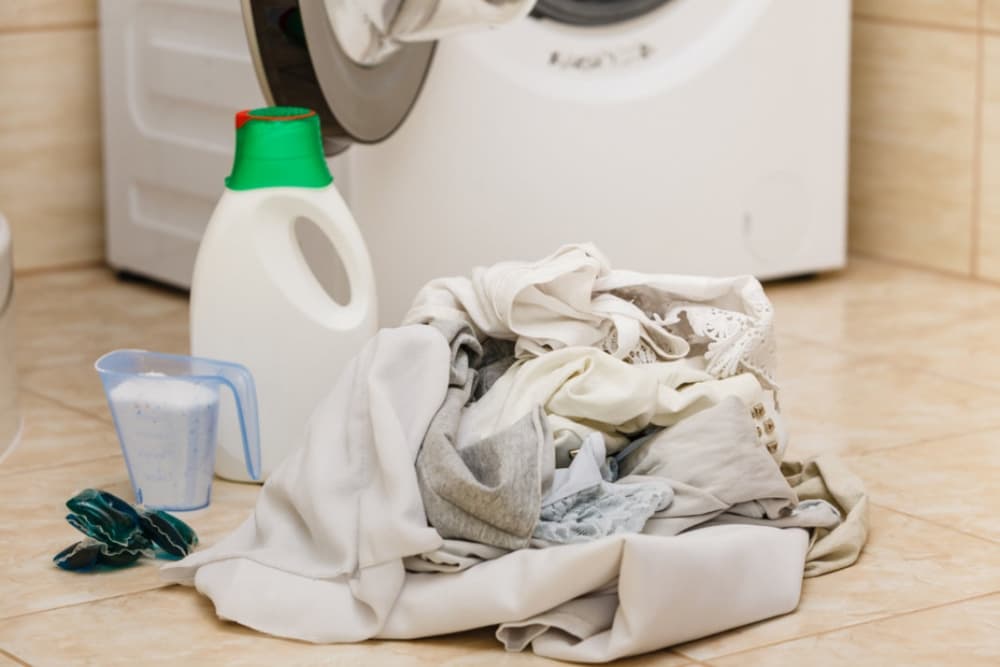The best tile cleaners of 2022+Great purchase price
The best and most effective cleaners of tile will not only clean and make shine your bathroom and kitchen, but protect the tiled surface they are applied on
best tile cleaners of 2022
For 2022, some cleaners are introduced which surpass their former rivals
Because of its durability, water resistance, and ease of cleaning, tile is a material that is frequently used in kitchens and bathrooms
It is true that you can keep the gleaming beauty of tile by using an all-purpose cleaner; nevertheless, the most effective method for thorough cleaning, polishing, and protection is to use a specialized cleaner
Tile can be made from a variety of materials, and the majority of these materials have their own unique cleaning techniques
Tiles made of ceramic and porcelain are smooth and require minimal maintenance, but tiles made of slate, marble, granite, and limestone need to be cleaned and maintained with the best tile cleaner available on the market
Because cleaning tile typically involves cleaning the more porous grout lines that are found between the tiles, having a solid understanding of how to clean grout is essential
If the grout lines are discolored, even newly cleaned tile might give the appearance of being dirty
In order to assist you in selecting the most effective cleaner, we put to the test a number of the products that have widespread popularity in the real world
In addition, this article discusses a number of important considerations that should be in the forefront of your mind when searching for a tile cleaner
Continue reading to find out how successful the following tile cleaners were in maintaining the cleanliness of the tile surfaces found in bathrooms and kitchens
Considerations to Make When Choosing the Most Appropriate Cleaner for Your Tiles
Tile, if properly maintained, has the potential to last a lifetime
Because it is both aesthetically pleasing and resistant to water, tile is frequently used as a surface for floors, backsplashes, and surrounds for bathtubs and showers
The location of the tile and the material it is made of will determine the type of cleaner that should be used
In order to choose the best tile cleaner, you need to take into consideration the different cleaning and maintenance requirements that are associated with the various varieties of tile
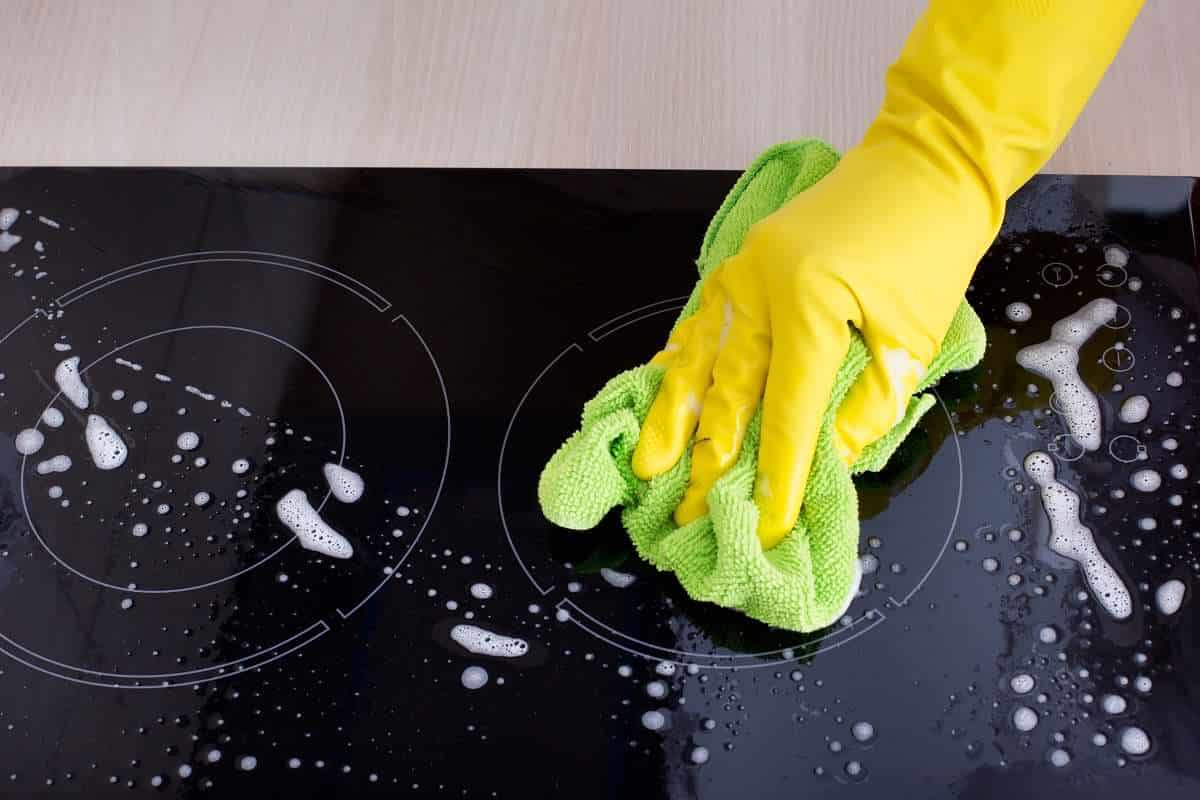
best types of tile cleaners
Type
Tile is hardy in general, however certain kinds of tile are more susceptible to dings and stains than others
Even while many of the most common tile cleaners won’t damage ceramic or porcelain tiles, or any tile that has a protective layer, consumers should still choose the tile cleaner that was made expressly for the material they are cleaning
The vast majority of cleaners designed for many purposes won’t scratch or mar the majority of surfaces
Acidic cleaners, on the other hand, should be avoided at all costs when washing natural stone tile, as doing so could potentially damage the tile
Also, bear in mind that abrasive cleansers might scratch acrylic and glass tile, so be careful when using them
Purpose
It is common practice to classify tile cleaners according to the level of cleaning effectiveness they provide
There are many different solutions, each of which may be used for a variety of purposes and is capable of removing certain stains from tile surfaces
Some products are more effective at removing mold than others are, while others are meant to brighten both the tile and the grout
Many people always have several different tile cleaners on hand so that they may solve any number of issues
Cleaners for tiles can typically be classified into one of the following categories:
Maintenance and housekeeping on a daily basis: These tile cleansers remove residue left behind by soap and shampoo before it has a chance to harden on the tile, allowing the tile to remain clean for a greater amount of time
Grout: The focus of this form of tile cleaning is on the challenging stains that can be found in grout as well as other porous surfaces
Hard water: The rust, mineral buildup, and lime stains that might occur as a result of hard water are removed by these tile cleaners
Mold and mildew are common in wet places such as bathrooms and kitchens, and this type of tile cleaner has components that are effective against both types of mold and mildew
Components Due to the tile’s durable nature, most types of tile can tolerate rigorous scrubbing
On the other hand, if you don’t utilize tile cleaners correctly, the chemicals in them could remove the protective coating that covers the tile
To keep the surface in good condition and prevent discoloration, use a tile cleaner that has the appropriate ingredients
In the world of tile cleaning, there are both chemical and natural/organic formulas
Natural tile cleaners are typically made with organic components like citrus oils, baking soda, and vinegar because these ingredients have the power to remove stains and are safer for the environment than chemical tile cleaners
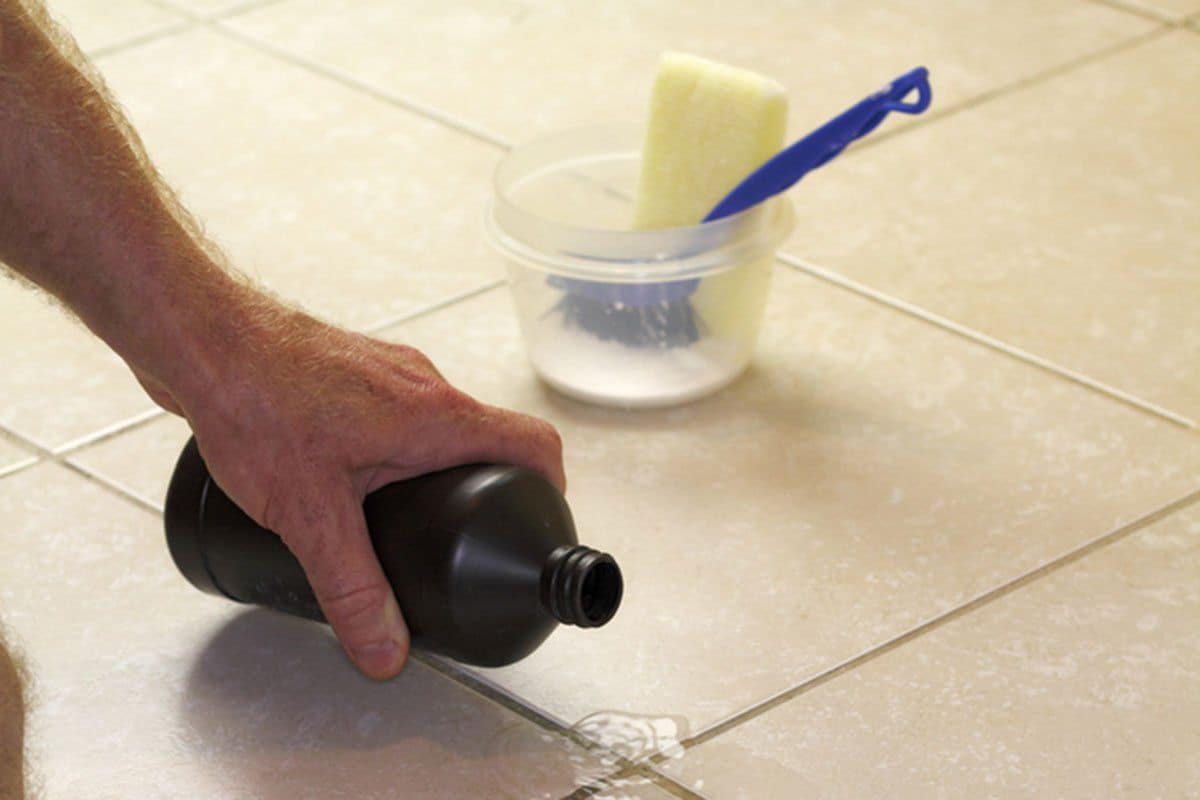
best tile cleaner chemical
However, natural tile cleaners might not be up to the task of removing stubborn stains completely
Chemical tile cleaners are constructed of synthetic ingredients and are manufactured to successfully remove stains, dirt, and hard-water deposits from tile surfaces
Chemical tile cleaners can be used in both residential and commercial settings
However, many of these powerful substances can cause irritation to the skin, eyes, and lungs if they are not utilized in an environment that has adequate ventilation
Application
The format or type of application may also play a role in determining the classification of a tile cleaner
The following configurations of tile cleaners are most frequently seen in stores:
These cleansers are liquids that come packaged in convenient spray bottles
They are available in a wide range of concentrations as well as fragrances
The components vary according on the function that they are meant to serve
These tile cleaners have been formulated with a foaming agent as an additional component
When the chemicals are sprayed onto the tile, they create tiny bubbles that allow them to cover more tiles and remain there for a longer amount of time
Gel: This very concentrated tile cleaner is designed for application directly to particular areas, such as the grout between tiles
Gel cleaners for tiles are frequently packaged in the form of pens or bottles with pointed tips
Powder: These abrasive tile cleaners are well recognized for their ability to remove stains, and they come in the form of a cleaner
Before applying a powder cleanser, first convert it into a paste by mixing it with some water
These cleaners require a little bit of manual labor in order to remove stains and filth completely
